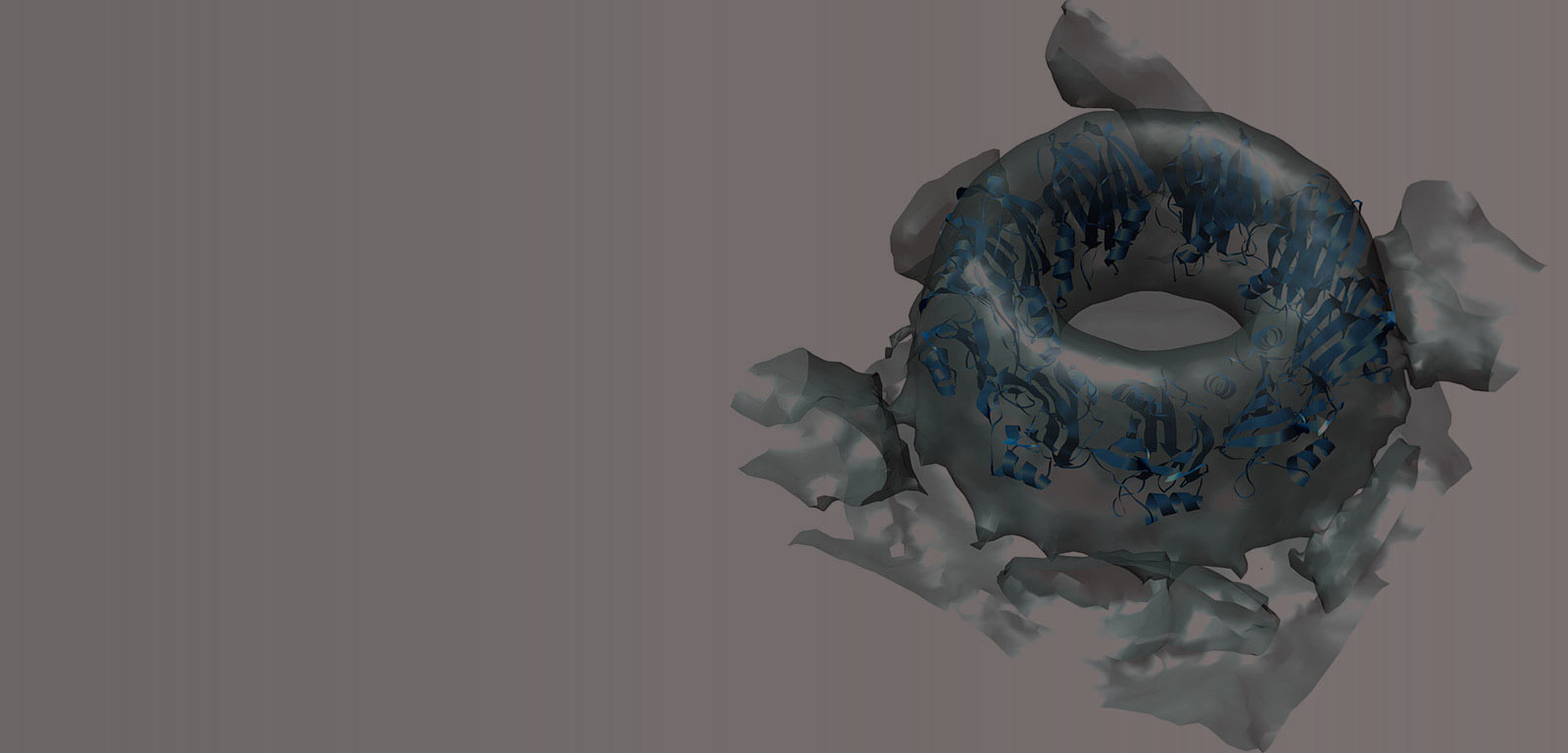Subject
Advances in Neuropsychopharmacology
General details of the subject
- Mode
- Face-to-face degree course
- Language
- Spanish
Teaching staff
| Name | Institution | Category | Doctor | Teaching profile | Area | |
|---|---|---|---|---|---|---|
| FULLAONDO ELORDUI-ZAPATERIECHE, ASIER | University of the Basque Country | Profesorado Agregado | Doctor | Bilingual | Genetics | asier.fullaondo@ehu.eus |
Competencies
| Name | Weight |
|---|---|
| Conocimiento actualizado de las áreas más activas de la Biología Molecular y la Biomedicina. | 20.0 % |
| Experiencia de trabajo en un laboratorio de investigación en el área. | 20.0 % |
| Capacidad para comenzar el trabajo experimental conducente al doctorado. | 20.0 % |
| Capacidad para comprender y, a nivel básico, evaluar críticamente un artículo de investigación en las áreas objeto del Máster. | 20.0 % |
| Capacidad para iniciar una tesis doctoral. | 20.0 % |
Study types
| Type | Face-to-face hours | Non face-to-face hours | Total hours |
|---|---|---|---|
| Lecture-based | 50 | 75 | 125 |
Training activities
| Name | Hours | Percentage of classroom teaching |
|---|---|---|
| Expositive classes | 98.0 | 39 % |
| Group discussion | 11.0 | 1 % |
| Individual work and/or group work | 5.0 | 0 % |
| Text analysis | 11.0 | 1 % |
Assessment systems
| Name | Minimum weighting | Maximum weighting |
|---|---|---|
| Assessment of written work by the Tribunal | 0.0 % | 10.0 % |
| Attendance and participation | 0.0 % | 60.0 % |
| Critical debate in the classroom | 0.0 % | 20.0 % |
| Practical tasks | 0.0 % | 10.0 % |
Learning outcomes of the subject
The student will acquire a critical scientific approach, capacity for experimental design and scientific communication in the field of Neuropsychopharmacology.The student will acquire practical skills in the appropriate techniques to address problems of a basic or applied nature in Neuropsychopharmacology.
The student will acquire the knowledge, skills and abilities necessary to carry out an innovative research project in Neuropsychopharmacology.
The student will know how to apply advanced knowledge and techniques in Pharmacology and Neuroscience to the study and treatment of neuropsychiatric disorders.
The student will acquire self-learning skills that enable continuous updating in methodological and conceptual advances in Neuropsychopharmacology.
Ordinary call: orientations and renunciation
Attendance is compulsory. Excused absences may be made up with the activity indicated by the person in charge of the session.The intervention of the student in the classes will be valued, the questions and comments made in each session will be valued. A high participation and attendance to 100% of the sessions allows to pass the course.
An unexcused attendance of less than 80% of the sessions will result in the failure of the course.
In the case of absence with a justified cause (more than 30%), an exam/test of the subject adjusted to the specific situation will be carried out.
The evaluation tests of the course will be adjusted to the characteristics of the group and will be made explicit at the beginning of the course.
Extraordinary call: orientations and renunciation
The extraordinary call will involve the realization of an exam/test of the subject that will consist of the development of a topic of the subject to choose between two chosen at random.Temary
Topic 1 Interneuronal communication molecules and their receptors.Topic 2 Neurotransmission in the CNS.
Topic 3 Transduction and Effector Systems
Topic 4 Animal models of neuropsychiatric disorders
Topic 5 Neurobiology of schizophrenia
Topic 6 Antipsychotic drugs
Topic 7 Managing the Schizophrenic Patient
Topic 8 Neurobiology of Depression
Topic 9 Antidepressant Drugs
Topic 10 Therapeutic management of the depressed patient
Topic 11 The perception of pain and temperature
Topic 12 Opioid analgesic drugs
Topic 13 Opiates: Tolerance and dependence
Topic 14 Neurobiological basis of anxiety
Topic 15 Anxiolytic drugs
Topic 16 Pharmacological Therapeutics of Anxiety Disorders
Topic 17 Dementias
Topic 18 Neurobiological Basis of Parkinson's Disease Theme 19 Anti-Parkinsonian Drugs
Topic 20 Treatment of Parkinson's Disease
Topic 21 Neurobiology of addictive disorders
Topic 22 Drugs of abuse
Topic 23 Treatment of addictive processes
Topic 24 Neurobiology of Epilepsy
Topic 25 Anti-epileptic drugs
Topic 26 Therapeutic strategies in epileptic disorders
Bibliography
Compulsory materials
For each individual subject included in the program the student will be provided by the instructors with additional teaching aids (i.e Power Point presentations and other specialized references as reviews or research articles).Basic bibliography
Farmacología Humana. Ed: Flórez J., Masson S.A., 4ª Edición, 2003.Basic Neurochemistry. Molecular, Celular and Medical Aspects. Ed: Siegel GJ, et al. Elsevier, 7ª Edición, 2006.
Principios de Neurociencia. Ed: Kandel E. Mc Graw Hill, 4ª Edición, 2000.
Neurobiology of Mental Illness. Ed: Charney DS and Nestler E J. Oxford University Press. 2ª ed. 2004. Psychiatry. Ed: Rhoda K.H et al., Current Clinical Strategies medical book. 2006


